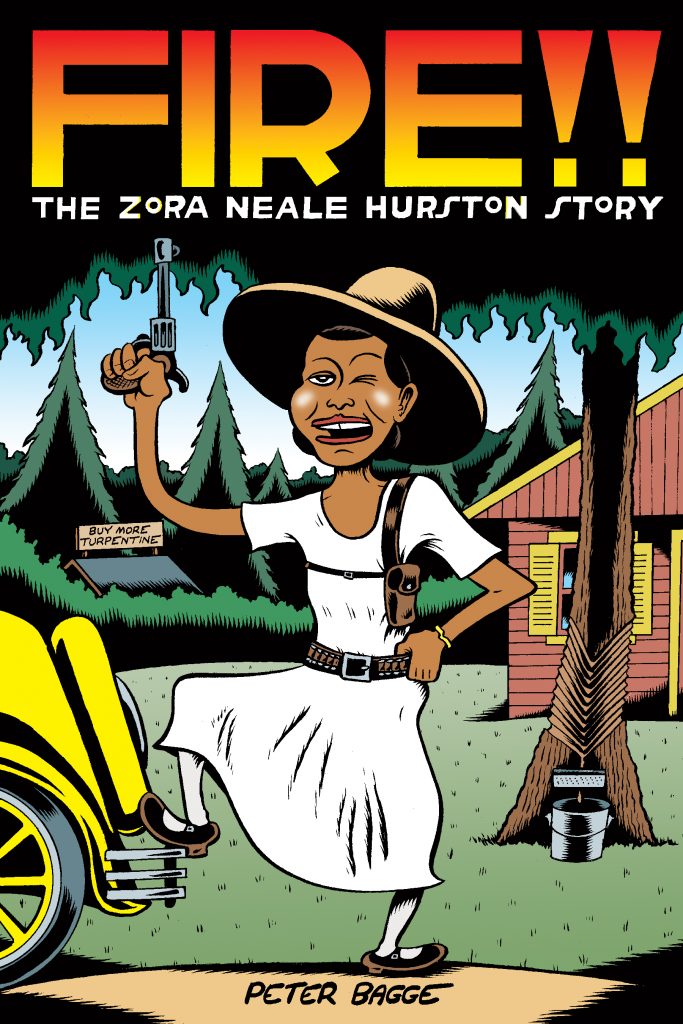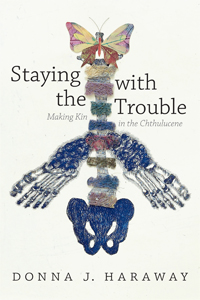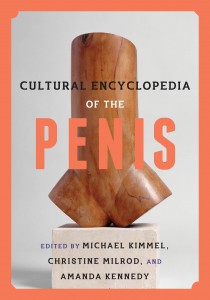(This occasional post is a book review that comes to us from Alisha Wilkinson and Meg Stalcup. Meg Stalcup is Assistant Professor of Anthropology at the University of Ottawa, where she heads the Collaboratoire d’Anthropologie Multimédia (CAM/MAC). Alisha Wilkinson is a senior in the School of Sociological and Anthropological Studies at the University of Ottawa. Next year she will work in Peru, before starting graduate work in anthropology. I’m very excited to see undergraduates publishing on Anthrodendum, and hope to see more work like this in the future! -Rx)
All ethnographies, perhaps, contain some mystery: of how humans understand each other, or the way that words and glances, observations and encounters are turned into insights about what it means to be human at a given moment in history. But Sareeta Amrute’s Encoding Race, Encoding Class: Indian IT Workers in Berlin begins with a proper mystery, a person who has disappeared, and this literally missing body adroitly stages the subsequent exploration of IT workers’ missing bodies in scholarship on cognitive labor.



